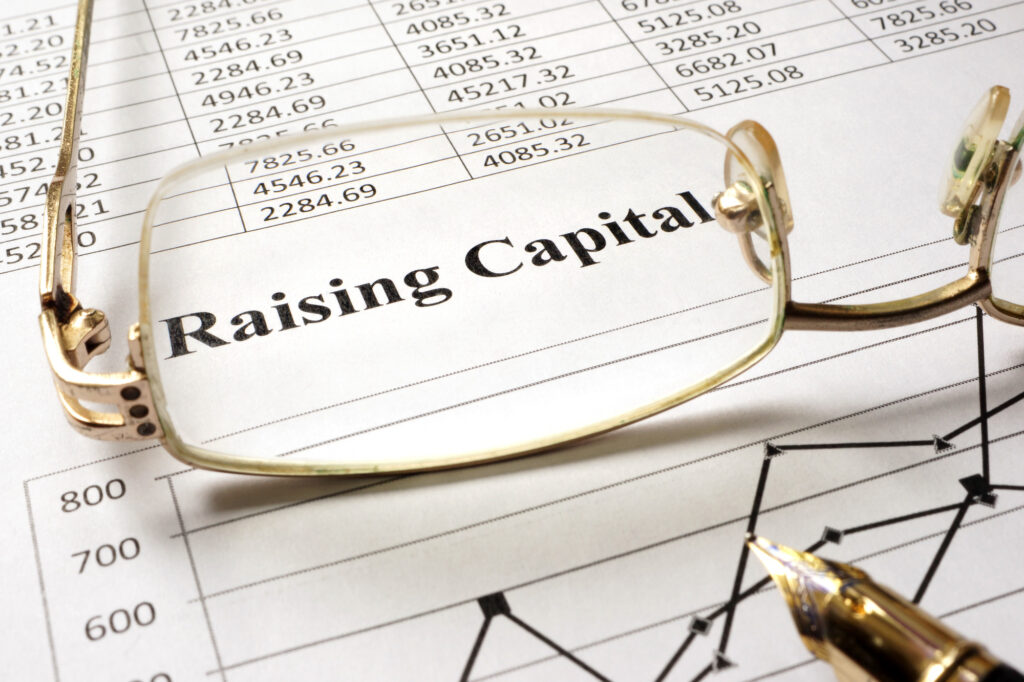Traditionally, it is thought that higher interest rates are bad for the real estate prices, and there is good reason for this. Buying a property becomes exponentially more difficult as it becomes more expensive to finance it. For each percentage point, when drawn out over thirty years, you can add 30% to the total cost of the loan. When Prime rates rise, this can create a situation where monthly payments rise and buyers cannot purchase as much as they could previously.
Markets will often adjust by bringing prices down, and qualifications for buyers can become more stringent, requiring more money down and better credit. When dealing with investment properties, landlords may find they need to charge more rent in order to offset rising rate of interest, thus affecting the renters market as well.
Commercial Properties take their hit in a different way. If a strip mall or other retail center must pay more money for their mortgages, they will be forced to raise the leases for their tenants. Their tenants, in turn, must then ask more money for their wares in order to enable making a profit. The average person may, therefore, see a hike in the cost of clothing, furniture, and other retail goods. We can also see higher food prices that can really hit the average family in the wallet.
Global Market
Hong Kong has enjoyed a bull market, and that now seems to be drawing to an end. It is one of the economies most closely watched in Asia, and it is also known for having one of the most expensive real estate markets in the world. 90% of mortgages in Honk Kong are linked to the Hibor index, and it may reach the level of Libor at 1.85%. if this happens, it will also affect other high-end financial instruments, causing them to lose some attractiveness to investors.
A strong number of Hong Kong residents purchase real estate in China using Chinese money, and so these effects carry over into the Chinese economy. In the United States, the Federal Reserve has been inching interest rates up by .25% at a time in a painfully slow trend that has been occurring since late 2015.
Just One Factor
In the world of real estate investing and pricing, interest rates play a large role, but they are also just one factor. Property prices can also be affected by the mechanics of supply and demand that exist regarding capital. Much will also depend on the type of business the real estate will be used for, for example a hotel.
There are a variety of expenses that must be taken into consideration which each type of investment as well. Developing a multi-tenant shopping mall will be different than creating a hotel with rooms to meet guests’ various needs.
Different industries will also have to work within the parameters that govern their industries, for example, like how many visitors come to a specific part of town or how much demand there is for new clothing. Interest rates, therefore, are an undergirding element to all this, but they are by no means the be all end all.
The costs of operations are subtracted from forecasted property income in anticipated leases or rent payments to arrive at the net operating income, and the capital costs are taken into account as well. This is done to determine the value of the property.
Much of the effect on prices has to do with how difficult it is to obtain a loan, and higher interest rates mean there is less availability of funds. Less availability of funds means that it is harder to secure financing and the potential for development decreases. Understanding the workings behind property values and securing financing can help you whether the interest rates are going up or are on their way back down again.
AI Capital Advisors counsels clients regarding real estate financing and venture capital and can help your group make decisions related to both. Additionally, AI Capital Investors can finance your real estate investment or can assist you in finding a lender who is more suited to your needs. Contact us today for more information about what we can do for you.
Photo Courtesy of Pexels





